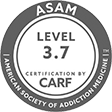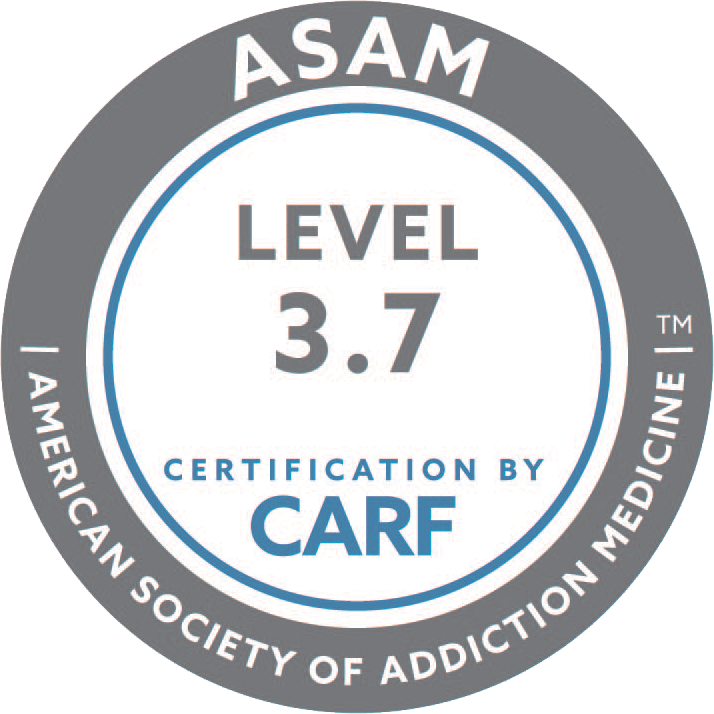Understanding Alcohol Detox: What to Expect
Alcohol detox is the process of allowing the body to eliminate alcohol from its system. When an individual stops drinking alcohol, they may experience withdrawal symptoms as their body adjusts to functioning without it. These symptoms can range from mild to severe and can include nausea, tremors, anxiety, insomnia, and even seizures in severe cases.
The duration and intensity of withdrawal symptoms can vary depending on factors such as the individual’s level of alcohol dependence, their overall health, and any underlying medical conditions. In some cases, withdrawal symptoms can be life-threatening, which is why it is crucial to have medical supervision during the detox process.
The Risks of Detoxing at Home
Detoxing at home without medical supervision can be extremely dangerous. Without proper medical care, individuals may not receive the necessary treatment for severe withdrawal symptoms, which can lead to serious complications or even death. Additionally, attempting to detox at home without professional help increases the risk of relapse, as individuals may not have the necessary support or resources to manage cravings and cope with withdrawal symptoms.
Assessing Your Readiness for Home Detox
Before considering a home detox, it is important to assess your readiness for this type of treatment. Factors to consider include the severity of your alcohol addiction, your overall health, and your support system. If you have a history of severe withdrawal symptoms or any underlying medical conditions, it is highly recommended to seek professional help for detox.
It is also important to have a strong support system in place before attempting a home detox. This can include family members, friends, or support groups who can provide emotional support and help you stay accountable during the detox process. If you do not have a strong support system, it may be beneficial to seek professional help to ensure you have the necessary resources and guidance.
Planning Your Home Detox: What You Need to Know
If you have determined that a home detox is a safe and appropriate option for you, it is important to plan ahead to ensure a successful detox. This includes consulting with a healthcare provider who can provide guidance and monitor your progress throughout the process. They can also prescribe medications to help manage withdrawal symptoms and reduce cravings.
Creating a plan is also crucial for a successful home detox. This includes setting goals, establishing a routine, and identifying potential triggers and temptations in your home environment. It may be helpful to remove any alcohol from your home and stock up on healthy snacks and beverages to help manage cravings.
Creating a Support System for Home Detox

Having a strong support system in place is essential for a successful home detox. This can include family members, friends, or support groups who can provide emotional support and help you stay accountable during the detox process. It may be helpful to inform your loved ones about your decision to detox at home so they can offer their support and understanding.
In addition to personal support, there are also online communities and helplines available for individuals going through the detox process. These resources can provide additional guidance, encouragement, and advice from individuals who have gone through similar experiences.
Managing Withdrawal Symptoms: Tips and Tricks
Withdrawal symptoms can be challenging to manage during the detox process. However, there are several strategies that can help alleviate these symptoms and make the process more bearable. It is important to stay hydrated and eat nutritious meals to support your body’s healing process. Engaging in relaxation techniques such as deep breathing exercises, meditation, or yoga can also help reduce anxiety and promote a sense of calm.
If you are experiencing severe withdrawal symptoms, it is important to seek medical attention immediately. Medical professionals can provide medications to help manage these symptoms and ensure your safety throughout the detox process.
Self-Care During Alcohol Detox: What You Should Do
Self-care is crucial during the detox process as it helps promote physical and emotional well-being. Engaging in activities that bring you joy and relaxation can help distract from cravings and withdrawal symptoms. This can include activities such as taking a warm bath, going for a walk in nature, practicing mindfulness or engaging in hobbies that you enjoy.
It is also important to prioritize sleep during the detox process. Getting enough rest can help your body heal and reduce feelings of fatigue or irritability. Establishing a bedtime routine and creating a calm and comfortable sleep environment can help promote better sleep quality.
Coping with Cravings: Strategies for Success
Cravings are a common part of the detox process, but there are strategies that can help manage them and reduce the risk of relapse. One effective strategy is to distract yourself when cravings arise. This can include engaging in a physical activity, calling a friend, or practicing a relaxation technique.
It may also be helpful to identify triggers that may lead to cravings and avoid them as much as possible. This can include avoiding social situations where alcohol is present or finding alternative activities to replace drinking, such as going for a hike or attending a fitness class.
Avoiding Triggers and Temptations at Home
Identifying and avoiding triggers and temptations in your home environment is crucial for a successful home detox. This can include removing any alcohol from your home, rearranging your living space to create a more supportive environment, and finding alternative activities to replace drinking.
It may also be helpful to communicate with your loved ones about your decision to detox at home and ask for their support in creating an alcohol-free environment. This can include refraining from drinking in your presence and avoiding bringing alcohol into your home.
Staying Motivated: Celebrating Milestones and Achievements
Staying motivated during the detox process can be challenging, but celebrating milestones and achievements can help keep you focused and encouraged. This can include setting small goals and rewarding yourself when you achieve them. Rewards can be anything that brings you joy, such as treating yourself to a massage or buying something you’ve been wanting.
It is also important to recognize and celebrate the progress you have made. Recovery is a journey, and every step forward is an achievement worth celebrating. Surrounding yourself with positive affirmations and reminders of your progress can help keep you motivated and inspired.
Alcohol detox is a crucial step in the recovery process for individuals struggling with alcohol addiction. While some may attempt to detox at home, it is important to recognize the risks involved and the importance of seeking professional help. Detoxing from alcohol can be a challenging and potentially dangerous process, and having the support and guidance of medical professionals can greatly increase the chances of a successful detox. If you or someone you know is struggling with alcohol addiction, it is important to seek professional help to ensure a safe and successful recovery journey.
Dr. Brooke Gilbertsen is a licensed clinical psychologist who has been working in the field of mental health since 2011 and specifically co-occurring disorders since 2013. Brooke brings her knowledge, experience, and compassion to support clients and their loved ones on their journey toward recovery, health, and holistic healing. Brooke has experience working with a wide range of diagnoses from severe mental illness and personality disorders to depression and anxiety, and believes the underlying cause must be treated in order for freedom from addiction to occur. Brooke treats the whole person, considering mental health diagnoses, genetics, neuropsychology, the context of the family and environment, social relationships, trauma and loss, vulnerability, shame, and self-worth. Brooke applies a wide range of evidenced-based modalities, incorporating mindfulness, spirituality, and psychodynamic approaches to assist clients in the healing process. Brooke is passionate about helping her patients discover the best version of themselves, with a renewed sense of freedom, purpose, and meaning. The model is to build a life that you want to show up to, and don’t need a vacation from.
Brooke completed her B.A. in Psychology in 2008 from San Diego State University. She obtained her M.A. Degree in Clinical Psychology in 2013 from Argosy University, and received her Doctorate in Psychology in 2016 from The Chicago School of Professional Psychology. She is the author of The Impact of Mindfulness on the Quality of Life of Cancer Patients, published in 2017. Brooke has been the keynote speaker for lectures on addiction, and is passionate about helping others find their way as they take the courageous journey toward self-growth.










